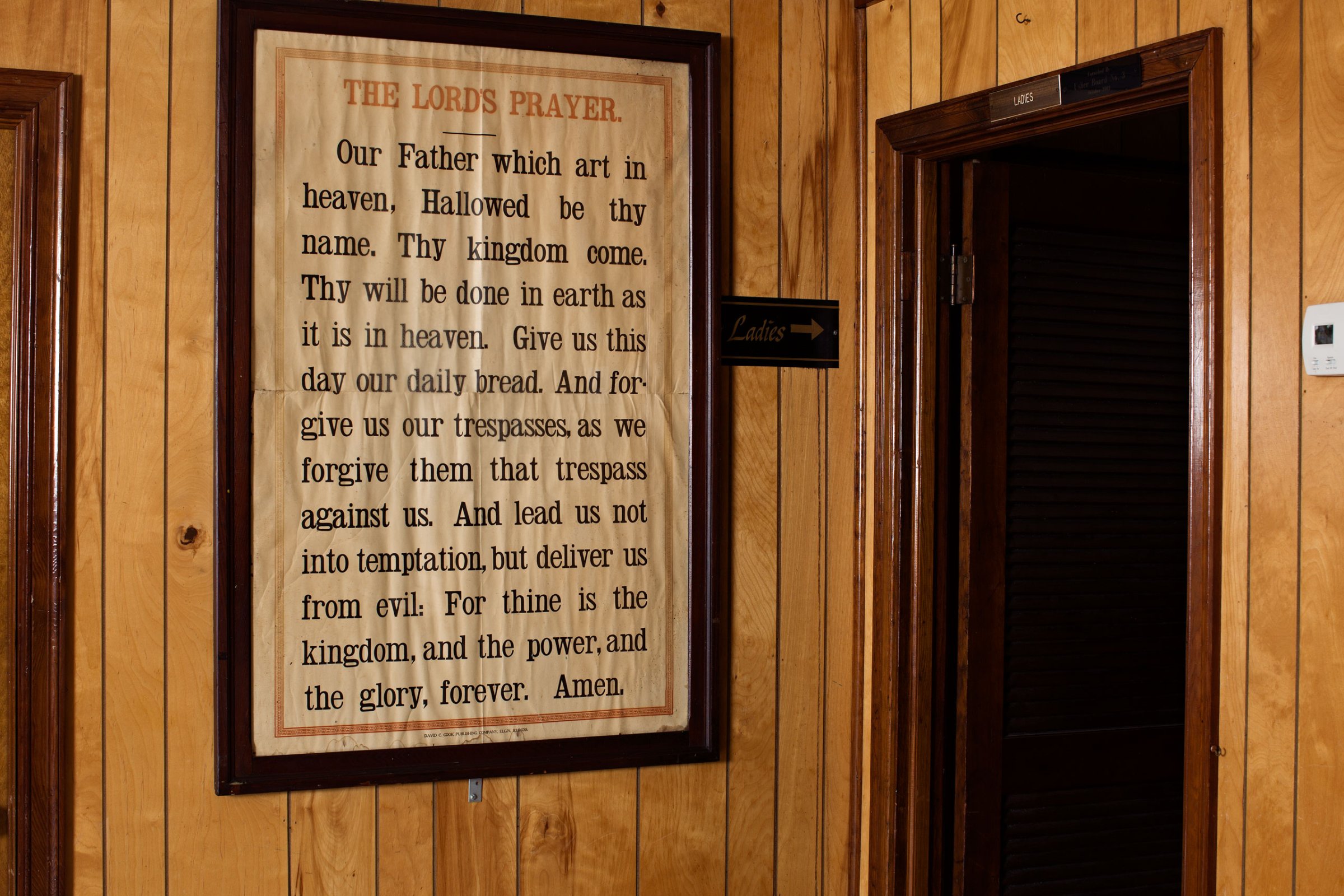
Few death-penalty cases would appear more clear-cut than the one against Dylann Storm Roof. More than a month after the massacre at Mother Emanuel, the 21-year-old was indicted on 33 federal charges, including hate crimes and obstructing the practice of religion, 18 of which could result in death. He was also charged with nine counts of murder in South Carolina, and the state plans to pursue execution. Yet there’s a chance the Emanuel killer may live. Why?
The answer lies partly in the wishes of those who lost the most. Within a month of the tragedy, a majority of the victims’ family members asked their lawyer to see if the death penalty could be taken off the table in exchange for a guilty plea and fast-track prosecution. (Only members of Cynthia Hurd’s and DePayne Middleton Doctor’s families favor the death penalty.)
The aim of these families was shared, but their reasoning differed. Some believed that life in prison is a worse fate and would afford the gunman ample time to reflect on his atrocity. Others just wanted the whole thing to go away, and the prospect of spending years in a protracted appeals process—as is standard in capital cases—was too painful to imagine. And many cited the same thing that allowed them to express forgiveness at the bond hearing: an abiding faith that matters of life and death are best left to God. “If I support the death penalty, I’m as bad as him,” says Najee Washington, 23, who lost her grandmother Ethel Lance. “I am voting to kill someone. That’s God’s decision. He gives life and he takes it away.”
The death penalty has never been popular with the religious right or the liberal left, and this case falls squarely in those fraught politics. While the state is pushing for a speedy trial, set for July 11, the Justice Department has not yet announced its intentions, and anti-death-penalty advocates are pushing President Obama to come out against the death penalty before the end of his presidency.
If the federal government chooses not to seek the death penalty for a killer bent on starting a race war, the decision will send a powerful signal. Charles J. Ogletree Jr., a mentor of Obama’s at Harvard Law School and a death-penalty opponent, told the Washington Post that Obama is “close” to opposing the death penalty because of the system’s dysfunction and racial disparities.
What ultimately happens may come down to which case is heard first. Prosecutors usually reach an agreement in overlapping cases, but no such deal has been announced. Political considerations are also a factor. Governor Nikki Haley favors the death penalty, and Scarlett Wilson, the prosecutor overseeing the state’s case, is up for re-election in 2016. “This was the ultimate crime,” she said in announcing the decision to seek death. “And justice from our state calls for the ultimate punishment.”
Either way, Roof will spend the next year in a Charleston jail cell, adjacent to Michael Slager, the police officer who shot Walter Scott to death. Sources say the two haven’t spoken but that Roof, who has not publicly expressed remorse, used to cry himself to sleep every night.
This appears in the November 23, 2015 issue of TIME.
More Must-Reads from TIME
- Donald Trump Is TIME's 2024 Person of the Year
- Why We Chose Trump as Person of the Year
- Is Intermittent Fasting Good or Bad for You?
- The 100 Must-Read Books of 2024
- The 20 Best Christmas TV Episodes
- Column: If Optimism Feels Ridiculous Now, Try Hope
- The Future of Climate Action Is Trade Policy
- Merle Bombardieri Is Helping People Make the Baby Decision
Contact us at letters@time.com